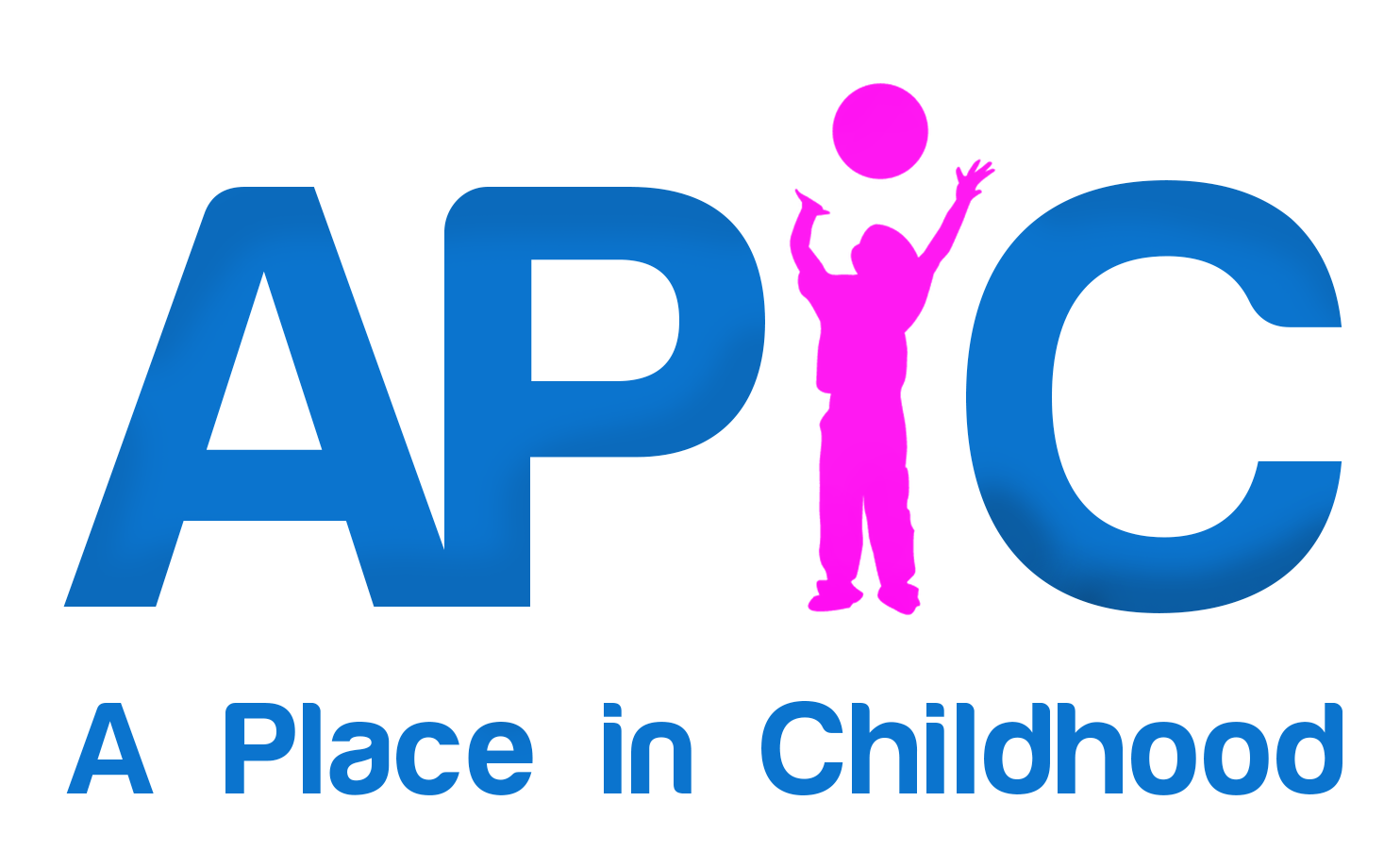Teenagers may be the most demonised age group in the UK today. They are also least the heard, engaged and understood, according to our new research report Teenagers and Public Space, launching today at the International Play Association Conference in Glasgow.
Teenagers and Public Space gives voice to the perspectives of young people on antisocial behaviour (ASB), the challenges they face in their communities, and how to fix them.
The research, led by A Place in Childhood, in collaboration with Sustrans Scotland, involved 146 young people, aged 12-18 across three communities Huntly (Aberdeenshire), Denny (Falkirk), and North Edinburgh.
Local teenagers guided us on tours of the places they lived, talking about what was good or could be improved about public spaces. They described experiences of antisocial behaviour, clearly articulating the causes and roots of the behaviour and highlighting its impact on them.
They then shared their views and discussed local strategies with adult stakeholders from local and national public bodies, schools, charities, and community groups. In North Edinburgh, one group also codesigned new public spaces near their school in collaboration with The City of Edinburgh Council, where addressing antisocial behaviour was integrated into every aspect of their proposal.
Key findings include:
- Antisocial behaviour (ASB) is largely attributable to boredom and the lack of purposeful opportunities, or places to hangout, which are accessible and affordable for all.
- Adults tend to tar all teenagers with the same brush, even though ASB is attributable to a minority. Prejudice, unwelcoming and antisocial behaviour directed at young people was an experience common to all, and in itself promotes teenage ASB.
- Teenage girls don’t feel safe going out in some communities, unless they are in groups. In one case study, even in groups they will travel elsewhere to hangout. Girls reported that places that are family-friendly often feel safest and most appealing to hangout in.
- Litter, vandalism and poorly-maintained public spaces depress teenagers – even those who are responsible – but they don’t see why they should care about a place, if no one else does.
- Natural spaces are important to teenagers, as well as affordable sports and leisure facilities, interest clubs and age-appropriate play equipment.
- In the absence of good adult or peer role models, ‘cool’ is often defined by rebellious older siblings and local groups, which entrenches ASB over time.
- ASB has been exacerbated by the isolation we all experienced during the COVID-19 pandemic, and by a tendency for adults and peers to avoid tackling the issue since. Young people are calling for tougher enforcement of social rules to accompany improved opportunities.
- Teenagers were clear that involving them meaningfully in the design of public spaces and strategies for addressing ASB was critical to resolving all of the above.
The research demonstrates the vital importance and value of better engaging, enabling, and supporting our teenagers. Greater effort needs to be made to understand and raise awareness of what it’s like to be a teenager these days, in their own terms. Giving them an equal seat at the table will improve decision-making and help ease intergenerational tensions and ASB.
Participant Quotes:
“we need to be trying to deter people from vandalising stuff by involving them more in the planning and upkeep of the places to encourages them to abuse them less. It will also like make them want to keep them nice and also be building skills for later in life. “ Young Consultant, male, S6
“if no one else cares about the place we live, why should we?” Young Consultant, male, S3
Dr Jenny Wood, lead Author at A Place in Childhood said:
“Teenagers are a good deal more wise and sensitive to what others think of them than society typically assumes. The teenagers we worked with gave us extensive insights into how to design places for and with them. They’ve also shown a deep understanding of the root causes of anti-social behaviour and how it could best be tackled in our communities. A really important insight is that many want to feel part of something bigger and be recognised for their willingness to contribute. However, most forums for doing so are adult dominated and don’t feel welcoming to teenagers.
We need to work collaboratively to create spaces to value young people’s insights, enabling them to speak on their own terms and in ways that meet their needs. The findings from this work are useful to any and all of us that want to make our country a better place to grow up”
Chiquita Elvin, Head of Programme, Places for Everyone at Sustrans Scotland said:
“If we want to successfully deliver inclusive and positive change in our public spaces, it’s absolutely vital that we engage and listen to all voices across our communities.
“Access to safe and welcoming public spaces is so important in allowing teenagers to connect with each other as well as helping them develop their sense of self.
“Listening and working in partnership to deliver on the needs and aspirations of seldom heard from groups, like the young people featured in this research, creates spaces which everyone values. Sustrans look forward to working with A Place in Childhood and other partners to continue this important work across Scotland.”
This work is available to view in full at this link. If you would like find out more about the work, please contact lead author Dr Jenny Wood at jenny.wood@aplaceinchildhood.org
